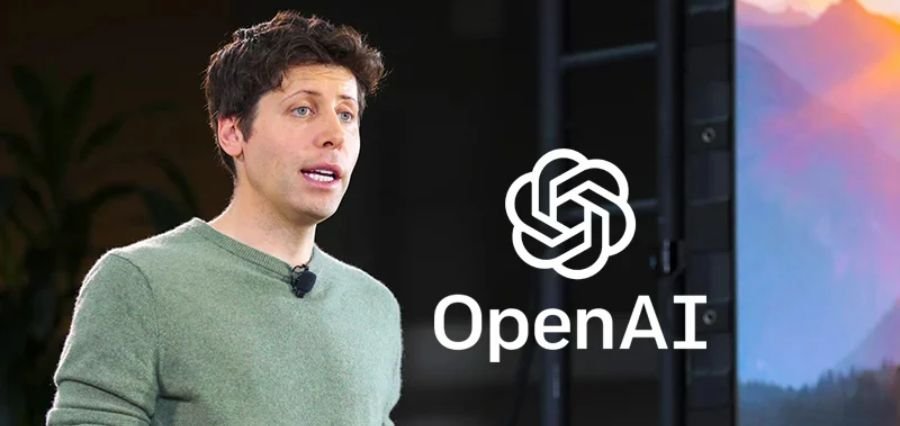The security landscape is undergoing significant transformation driven by technological advances. Emerging solutions such as artificial intelligence in security Blockchain security Digital transformation and Zero Trust are transforming the way organizations protect their assets and data. This article explores these unique topics. It highlights the impact on modern security strategies.
Threat Detection Ponta
IA-based ferraments analyze large numbers of dice in real time. It identifies anomalies that may indicate a possible attack.
For example, IA in security is widely used in intrusion detection systems to monitor network activity and flag suspicious behavior. Machine learning algorithms are constantly improving in detecting threats. Learning from past events and increase predictability By integrating artificial intelligence into their security infrastructure, organizations can effectively reduce response times and reduce risk.
Data integrity is guaranteed.
Guaranteed Dice Integrity Organizations are leveraging blockchain security to protect digital identities. Secure transactions and protect intellectual property. Blockchain also increases supply chain transparency and provides more traceable records. Reduce the risk of counterfeit products and fraud.
The new frontier of security
Digital transformation is forcing companies It brings new technology and processes to bear, but it also poses unique security challenges. While various organizations Move to new format Deploy IoT devices and integrate automation systems They will have to deal with the expansion of the attack surface.
To protect their digital transformation initiatives, companies are prioritizing risk assessment and implementing advanced security measures. For example, multinuvem strategies and data encryption guarantee the security of operations on Nuvem. Organizations are now applying artificial intelligence to security. To effectively monitor and manage complex digital environments
The cornerstone of modern security
Zero Trust is becoming a fundamental principle in protecting modern networks and systems. In contrast to traditional security models, Zero Trust works on the premise that no user or device must be trusted by a parent. regardless of location
Zero Trust architecture imposes strict access controls. It requires continuous monitoring of all users and devices attempting to access resources. This reduces the risk of unauthorized access and lateral movement within the network. As remote working and hybrid environments become the norm, Zero Trust is essential to ensuring strong security across diverse digital ecosystems.
The integration of artificial intelligence, blockchain, digital transformation, and Zero Trust is shaping the future of security. These technologies are not mutually exclusive. Instead, they complement each other to create outstanding security solutions.
For example, blockchain security can improve the Zero Trust model by providing tamper-proof identity verification. Meanwhile, IA-based analysis can enhance risk assessment in digital transformation initiatives. When combined These technologies help organizations address evolving threats and build resilient security structures.
Many setters are taking advantage of these emerging topics to increase security:
- Finance: Financial institutions are using blockchain security to protect IA transactions and companies for fraud detection.
- Healthcare: The healthcare sector is using Zero Trust to protect patient data and integrating IA for real-time cyber threat monitoring.
- Fabrico: Manufacturers leverage digital transformation to improve operations At the same time, it uses strong security measures to protect its intellectual property.
These examples highlight the practical benefits of adopting innovative safety technologies.
Conclusion:
As the security landscape evolves Using emerging technologies such as artificial intelligence in security Blockchain security digital transformation And trust is zero. It is important to deal with threats. These advances give organizations the tools they need to protect their assets, data, and reputation. By adopting these innovations and integrating them into their strategy, companies can ensure strong security in an ever-changing digital world.








